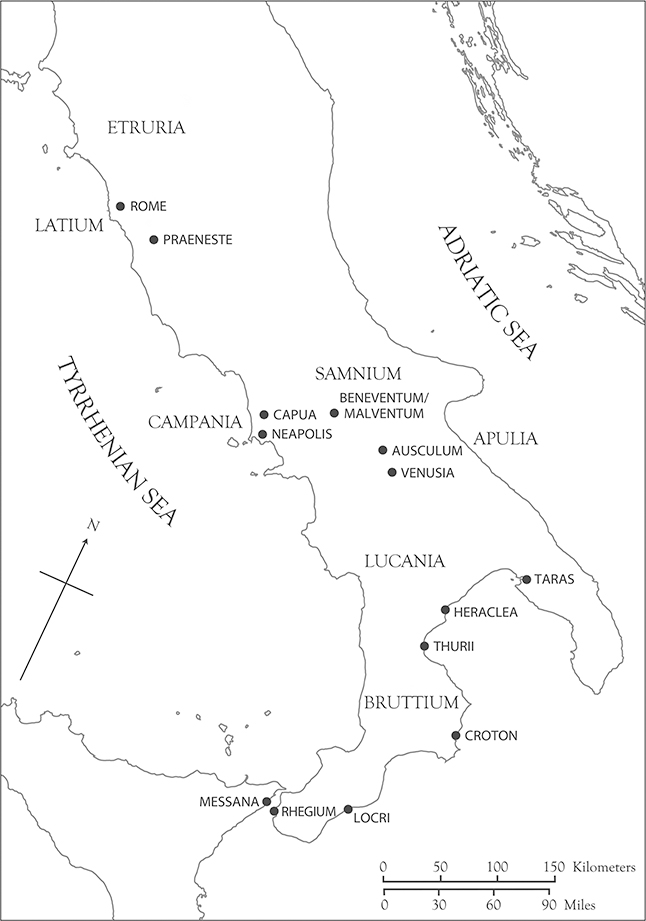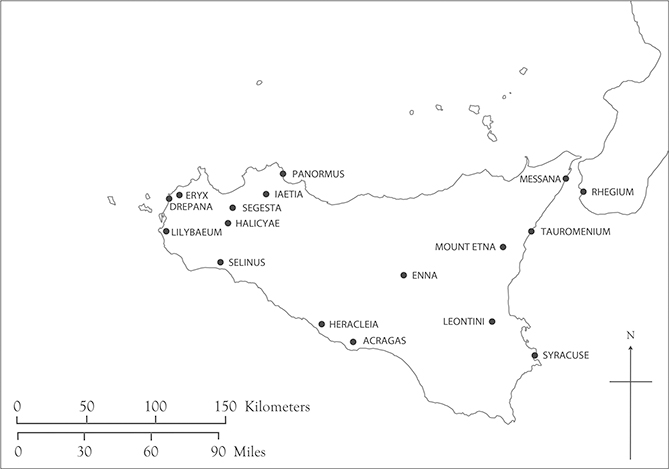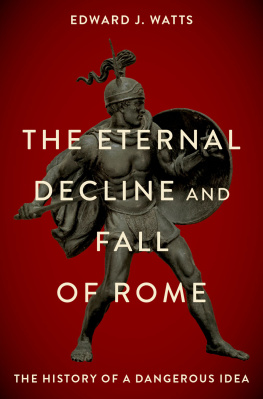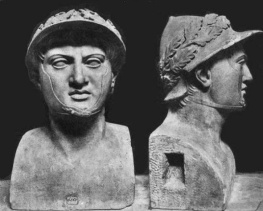A History of the Pyrrhic War
A History of the Pyrrhic War explores the multi-polar nature of a conflict that involved the Romans, peoples of Italy, western Greeks, and Carthaginians during Pyrrhus western campaign in the early third century BCE.
The war occurred nearly a century before the first historical writings in Rome, resulting in a malleable narrative that emphasized the moral virtues of the Romans, transformed Pyrrhus into a figure that resembled Alexander the Great, disparaged the degeneracy of the Greeks, and demonstrated the malicious intent of the Carthaginians. Kent demonstrates the way events were shaped by later Roman generations to transform the complex geopolitical realities of the Pyrrhic War into a one-dimensional duel between themselves and Pyrrhus that anticipated their rise to greatness. This book analyzes the Pyrrhic War through consideration of geopolitical context as well as how later Roman writers remembered the conflict. The focus of the war is taken off Pyrrhus as an individual and shifted towards evaluating the multifaceted interactions of the peoples of Italy and Sicily.
A History of the Pyrrhic War is a fundamental resource for academic and learned general readers who have an interest in the interaction of developing imperial powers with their neighbors and how those events shaped the perceptions of later generations. It will be of interest not only to students of Roman history, but also to anyone working on historiography in any period.
Patrick Alan Kent is an Adjunct Professor at Jackson and Mid-Michigan Colleges in Michigan, USA. His research interests include the development of Roman relations with the peoples of Italy in the fourth and third centuries BCE.
Routledge Studies in Ancient History
Titles include:
Immigrant Women in Athens
Gender, Ethnicity, and Citizenship in the Classical City
Rebecca Futo Kennedy
Truth and History in the Ancient World
Pluralising the Past
Edited by Lisa Irene Hau and Ian Ruffell
Rome and Judaea
International Law Relations, 162-100 BCE
Linda Zollschan
Banishment in the Later Roman Empire, 284-476 CE
Daniel Washburn
The Popes and the Church of Rome in Late Antiquity
John Moorhead
The Plight of Rome in the Fifth Century AD
Mark Merrony
Geopolitics in Late Antiquity
The Fate of Superpowers from China to Rome
Hyun Jin Kim
Image and Reality of Roman Imperial War in the Third Century AD
The Impact of War
Lukas de Blois
Sallusts Histories and Triumviral Historiography
Confronting the End of History
Jennifer Gerrish
A History of the Pyrrhic War
Patrick Alan Kent
https://www.routledge.com/classicalstudies/series/RSANHIST.
First published 2020
by Routledge
2 Park Square, Milton Park, Abingdon, Oxon OX14 4RN
and by Routledge
52 Vanderbilt Avenue, New York, NY 10017
Routledge is an imprint of the Taylor & Francis Group, an informa business
2020 Patrick Alan Kent
The right of Patrick Alan Kent to be identified as author of this work has been asserted by him in accordance with sections 77 and 78 of the Copyright, Designs and Patents Act 1988.
All rights reserved. No part of this book may be reprinted or reproduced or utilised in any form or by any electronic, mechanical, or other means, now known or hereafter invented, including photocopying and recording, or in any information storage or retrieval system, without permission in writing from the publishers.
Trademark notice: Product or corporate names may be trademarks or registered trademarks, and are used only for identification and explanation without intent to infringe.
British Library Cataloguing in Publication Data
A catalogue record for this book is available from the British Library
Library of Congress Cataloging-in-Publication Data
A catalog record has been requested for this book
ISBN: 978-1-138-54382-9 (hbk)
ISBN: 978-1-351-00582-1 (ebk)
For Alan, Connie, Josh, and April, without whom this would not have been possible.
| CAH | Cambridge Ancient History, 2nd ed. |
| DH | Dionysius of Halicarnassus, Antiquitates Romanae. |
| FGrH | Fragmente der griechischen Historiker. |
| MRR | Broughton, T.R.S. The Magistrates of the Roman Republic. New York, 1951. |
| SIG | Sylloge Inscriptionum Graecarum, 3rd ed. |

Map 1 Italy in the early third century BCE

Map 2 Sicily in the early third century BCE
In the spring of 280 BCE, King Pyrrhus of Epirus surveyed a battlefield near the city of Heraclea in southern Italy. He had come to the peninsula to defend the city of Taras (later known as Tarentum) from attack and now faced Roman infantry pushing across the river that split the field. Resplendent in his armor, Pyrrhus cut a dashing figure. His purple cloak was accented with gold, his helmet unmatched in its workmanship. The king wanted to be seen at the head of his band of cavalry, commanding his men and, when necessary, entering the fray himself. Whenever his men faltered, Pyrrhus appeared at the head of his Companions to reinforce the line and inspire his men to stand strong. Thanks to his spirited efforts, the Epirote army withstood the assault and began to press the Romans back in turn.
But Pyrrhus conspicuousness had not gone unnoticed on the opposite side of the fight where another man was watching closely. Oblacus Volsinius led his own band of Ferentani cavalry as a Roman ally. As Pyrrhus moved across the battlefield, Oblacus mirrored him, waiting for an opportunity. One of the kings Companions, Leonnatus, noticed the Italian and warned the king that wherever he went Oblacus watches you and keeps his eyes fixed on you. Pyrrhus brushed off the caution, confident that the man would not be able to get close. But the pause to speak was all of the opening Oblacus needed; he had been hunting Pyrrhus, looking for a chance to fight him one-on-one. Killing the king of Epirus would bring him unequaled renown and would win the war in one fell blow. Tracking Pyrrhus was not difficult given his armor, but he had also always been in the thickest fighting and unreachable. Now Oblacus leveled his spear and charged.
Pyrrhus had been wrong. Followed by his men, Oblacus made it through the kings bodyguards. Luckily for the king, Leonnatus had heeded his own advice and reacted quickly. He swung his horse around and speared the Italians mount as he closed in. Even as he fell, Oblacus managed to kill Pyrrhus own horse, sending him to the ground as well. Some of Pyrrhus bodyguards snatched up their king and sped away from the threat. Robbed of his chance at glory and now surrounded by the rest of the kings Companions, Oblacus did not go down easily, fighting defiantly to the end. After being wounded countless times, he finally collapsed. Seeing him fall, Oblacus loyal compatriots fought their way to his body and carried their fallen leader away in a final act of honor.















